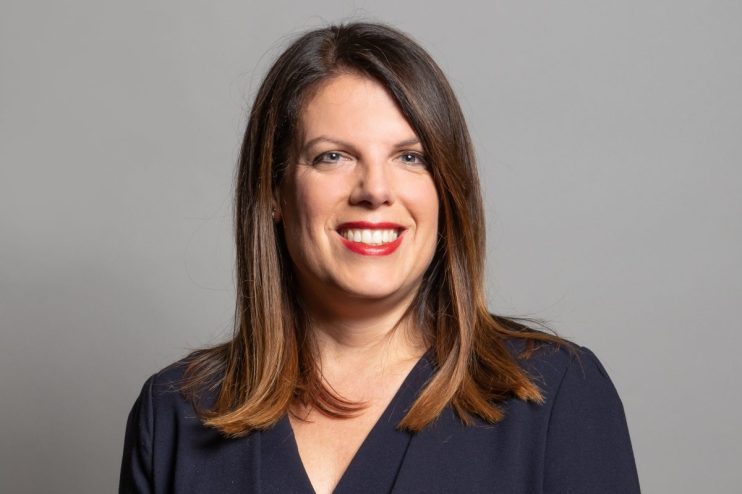
The government has promised to overhaul relationships and sex education, but young people feel badly let down, says Caroline Nokes
Last week’s Cass Review has revealed serious shortcomings in how the NHS handles children who are questioning their gender. But schools are also letting children down when it comes to relationships and sex education (RSE).
The government has been pledging to improve relationships and sex education (RSE) since taking the big step of making it statutory in the Children and Social Work Act 2017 – but young people are still waiting to benefit from many of those promises.
While young people seem generally content with RSE’s coverage of the basics like puberty and conception, new data from the Sex Education Forum reveals students still feel there are gaps regarding today’s biggest issues. Our pupils need much more from their RSE lessons to equip them for healthy, safe relationships as they move towards adulthood.
As Chair of the Women and Equalities Committee (WEC), ensuring young people get the information they need to stay safe is on my mind every day. It doesn’t matter what gender, sexuality, religion or race they are, they all need to be much better informed on crucial health issues than they currently are. I was appalled to read in the Sex Education Forum’s latest report that only 43 per cent of pupils aged 16 to 17 felt they were personally represented in RSE.
When it comes to pressing contemporary issues, less than half felt their RSE coverage was adequate – including on pornography (46 per cent), power imbalances in relationships (47 per cent), and how to access sexual health services (49 per cent).
Young people are turning to questionable sources to plug their information gaps in RSE, which may expose them to lies, disinformation, and half-truths about topics from LGBTQ+ rights to sexual health. When 15 per cent of students say their primary source of information about pornography is pornography itself, we’re setting them up for harmful exposure. And if they are turning to porn for their information, they’re extremely unlikely to see condoms used, any discussion of consent or much that looks like a respectful and equal relationship. Is it any wonder that rates of STIs in teenagers are increasing and a quarter of teenage boys think Andrew Tate is a positive role model?
Likewise, if one in three (30 per cent) young people are looking to social media to answer their questions on LGBTQ+ matters, they may be more likely to find harmful stereotypes and hateful viewpoints than anything informative and balanced. Helping young people develop safe and respectful mindsets about themselves and others requires accurate and respectfully delivered information – the opposite of some of the dangerous discussions online.
Protecting our young people means giving them the tools they need to make healthy, smart choices throughout their lives. RSE is critical in building that toolbox, and it’s why government originally acted to make it statutory. With nearly four in ten (39 per cent) young people saying their RSE would have been better if it had started earlier in their lives, opportunities are being lost to protect the next generation before more harm occurs. Government’s promises to empower teachers to provide the information young people need are also falling short, and the new guidance and consultation announced a year ago is yet to materialise.
This new data underscores my increasingly urgent calls for the Government to act. Namely, new guidance must ensure young people can access better information about sexual health, online harms like pornography, and respectful attitudes between genders. Already, the WEC has called for expanded provision past Year 11 in order to support older pupils navigating relationships into adulthood – a move young people are also campaigning for – and for gaps in current provision to be addressed. I want to see concrete plans in place before another year goes by. There has been enough stalling in Westminster.
Young people are already doing their homework by telling us what they need from RSE. Often, it seems, they’re also forced to go a step further and seek out information on their own, which opens them to dangerous content online that can impact their sexual and mental health. It’s time for us to do our own homework in Parliament and ensure they get quality RSE that meets their needs.
Caroline Nokes is Chair of the Women and Equalities Committee and MP for Romsey and Southampton North

